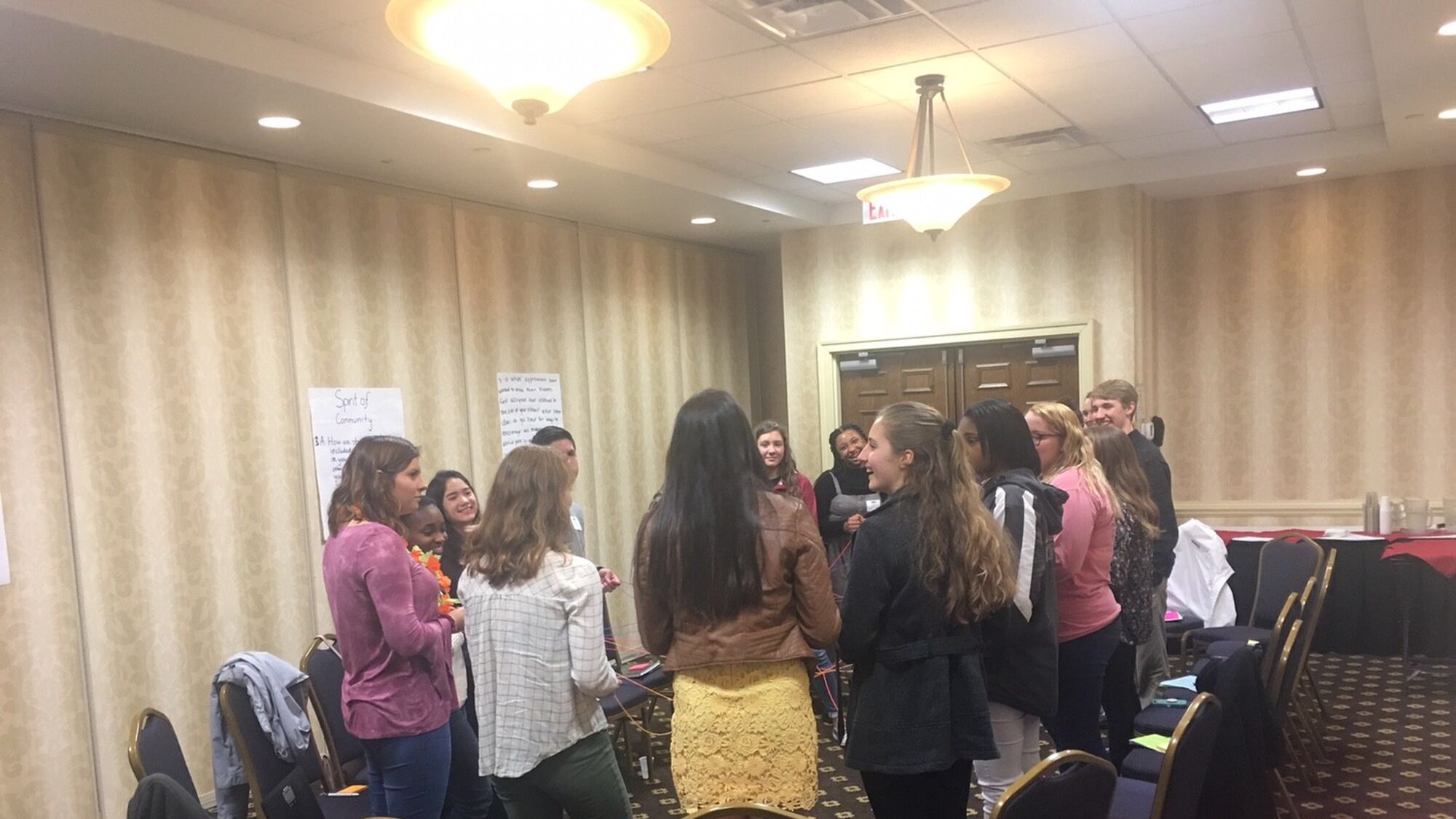I’ve been thinking about questions.
Have you ever been in a meeting and taken the opportunity to observe what happens when those on the receiving end don’t ask questions or aren’t given a chance to ask questions? We sit silently. We wonder without resolution. We feel disempowered. We fume to self and others. We walk away angry and feeling a sense of no control. Learners in classrooms must feel the same way when their learning is didactic with little opportunity to question.
We are a nation formed from questions. Questions fueled our creativity, our big ideas, our advancement of human rights, our consideration of power and authority. When we question, we learn, we change, we develop different perspectives. We shift norms.
Questions create opportunities to think, to process, to connect, to collaborate, to learn. Questions offer the road less traveled, the fork in the road that puts us on a path we otherwise might not have explored. Questions push us beyond the status quo, particularly when we move beyond what and how to questions of why not and what if?
In school, we ask young people a lot more questions in class than they ever ask us — with the possible exception of early childhood spaces.
But seldom do learners in school work to perfect one of the most important learning skills needed for life- the art of questioning. Imagine how the classroom space and teaching would need to change if learning to ask good questions was an expectation. Imagine how rich the learning work would be if the work was driven by learners’ questions — sustained dialogue, group work, individual projects, discussion seminar, writing, research, literature circles, field trips, work at home, and engagement.
Administrators sometimes observe classes, creating records of the kinds of questions teachers ask, which students gets asked those questions, and what students say in response to questions. Teachers occasionally spend PD or college class time learning techniques of effective questioning: lengthening wait time, posing the question before calling on the learner (works best after first grade), or when to reinforce or not reinforce a response as correct. We make videos of teachers asking questions for development purposes. We put significant emphasis on teachers asking questions.
I wonder why we don’t put equal or greater emphasis on learners asking questions? Why don’t we? How do people learn to ask questions without a chance to practice? Why are we risk-averse when it comes to learners asking us challenging questions? How would schooling be different if the focus was on learners asking questions rather than responding to someone else’s questions? What if learners’ questions were foundational to our work as teachers? How would the experience of learning in school change for kids if we expected their work to be driven by their own questions?
I’ve also been thinking about the dominant teaching wall that has existed as the key learning technology tool since chalkboards became ubiquitous in America’s classrooms sometime around the 1830s. Over a lifetime of both standing in front of such a wall or watching others at work in front of such a wall, it strikes me that in any form, the teaching wall limits learning because it limits learners’ questions. Some teachers use the teaching wall as a prop for telling curricula. Or, they may choose to play question ping pong at the wall, batting questions at certain individuals who send a response back across the net.
Years ago, Postman, Weingartner, and Shapiro identified learners learning to ask questions as key to learning for a lifetime. Tonight I wonder why we continue to replicate traditions of teaching that fail learners? What drives our own resistance to helping young people learn a critical skill for living life and learning?
“Once you have learned how to ask relevant and appropriate questions, you have learned how to learn and no one can keep you from learning whatever you want or need to know.” — Neil Postman and Charlie Weingartner
“Think of Scotty as the victim today of a city school system where he is required period after period, day after day, year after year, to answer other people’s questions, questions in the text, the teacher’s questions, questions on standardized tests. Rarely, if ever, does anyone help the student to learn how to ask, to analyze and to answer his or her own questions.” — Alan Shapiro
I wonder how learning design and strategy would shift if the focus was more on the learner asking questions, not giving answers? What if our questions were designed to engage learners in pursuing curiosities and knowledge, interests, dialogue with others, and deep inquiry that leads to work focused on grand challenges, big problems, philosophical perspective, conundrums of thought? What if we actually had the time to teach this way? What would we predict would happen?
. . .
Dr. Pamela Moran is the Superintendent of Albemarle County Public Schools and a teacher leader with the Central Virginia Writing Project.


